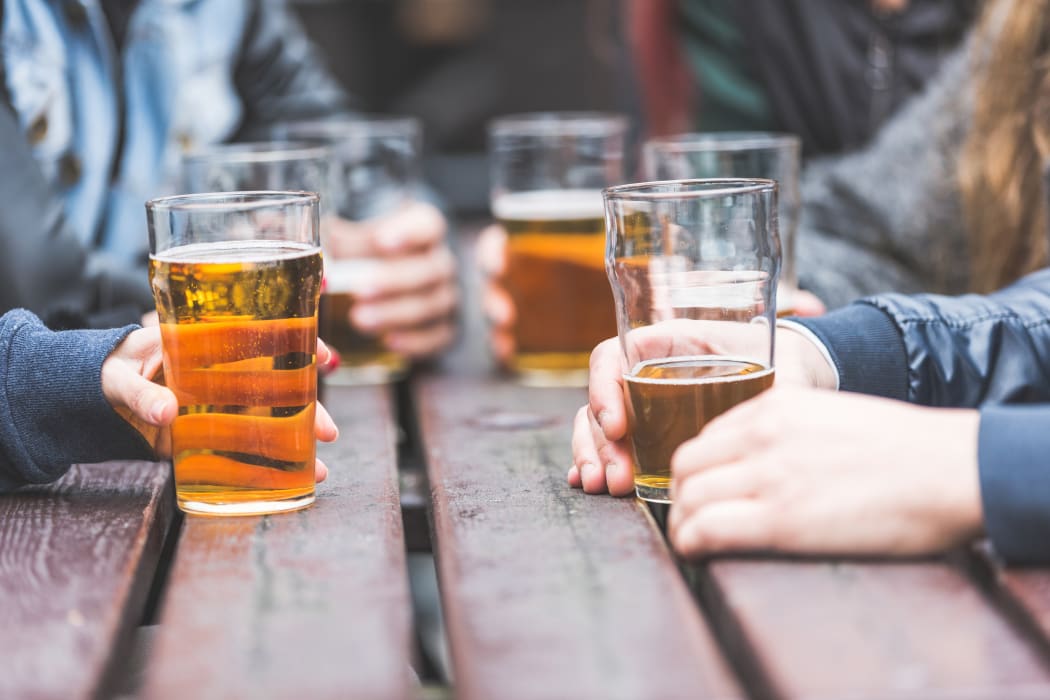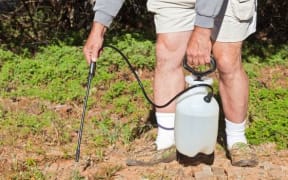Traces of a widely used weed-killer have been found in Germany's 14 most popular beers, an environmental group says.
The Munich Environmental Institute (Umweltinstitut München) said all the beers tested showed glyphosate above the 0.1 microgram limit allowed in drinking water.
Glyphosate is used in the top-selling weed killer Roundup, as well as many other herbicides around the world.

Photo: 123RF
The finding could be a blow for the country's reputation for "pure" brewing, and industry and government immediately sought to play down the report.
The Brauer-Bund beer association said the findings, which were based on a small number of samples, were not credible. Germany's Federal Institute for Risk assessment said the levels did not pose a risk to consumers' health.
"An adult would have to drink around 1000 litres of beer a day to ingest enough quantities to be harmful for health," it said in a statement.
Under the "Reinheitsgebot" German purity law - one of the world's oldest food safety laws, celebrating its 500th anniversary this year - brewers must produce beer using only malt, hops, yeast and water.
Glyphosate was brought into global use by US agrochemical giant Monsanto in the 1970s and is used in top-selling product Roundup and many other herbicides around the world.
The environmental group, an investigative body, said it had tested Germany's 14 top-selling beer brands and all showed traces above the 0.1 microgram limit allowed in drinking water. It added that no general conclusions about the contamination of certain brands of beer could be made.
Brauer-Bund said there were government controls in place in breweries to ensure no harmful substances made their way into the production process. Its own monitoring system for malt had never detected levels of glyphosate above the permitted maximum limits, it said.
Hasseroeder, a beer brewed in Saxony-Anhalt in eastern Germany and owned by Anheuser Busch Inbev, contained the highest trace of glyphosate at 29.74 micrograms per litre, the institute said. The smallest amount, 0.46 micrograms per litre, was found in Augustiner, made in Munich.
Anheuser-Busch InBev said it questioned the scientific integrity of the tests due to the small number of samples. It rejected the institute's allegation that brewers were not adequately monitoring raw ingredients as "absurd and completely unfounded".
European Union regulators had begun reviewing whether to renew approval for glyphosate. The World Health Organization's cancer research committee said glyphosate was probably carcinogenic to humans, but the European Food Safety Authority said it is unlikely to cause cancer.
Germany is Europe's biggest producer of beer and home to more than 1300 breweries which produce about 5000 different beers.
-Reuters


